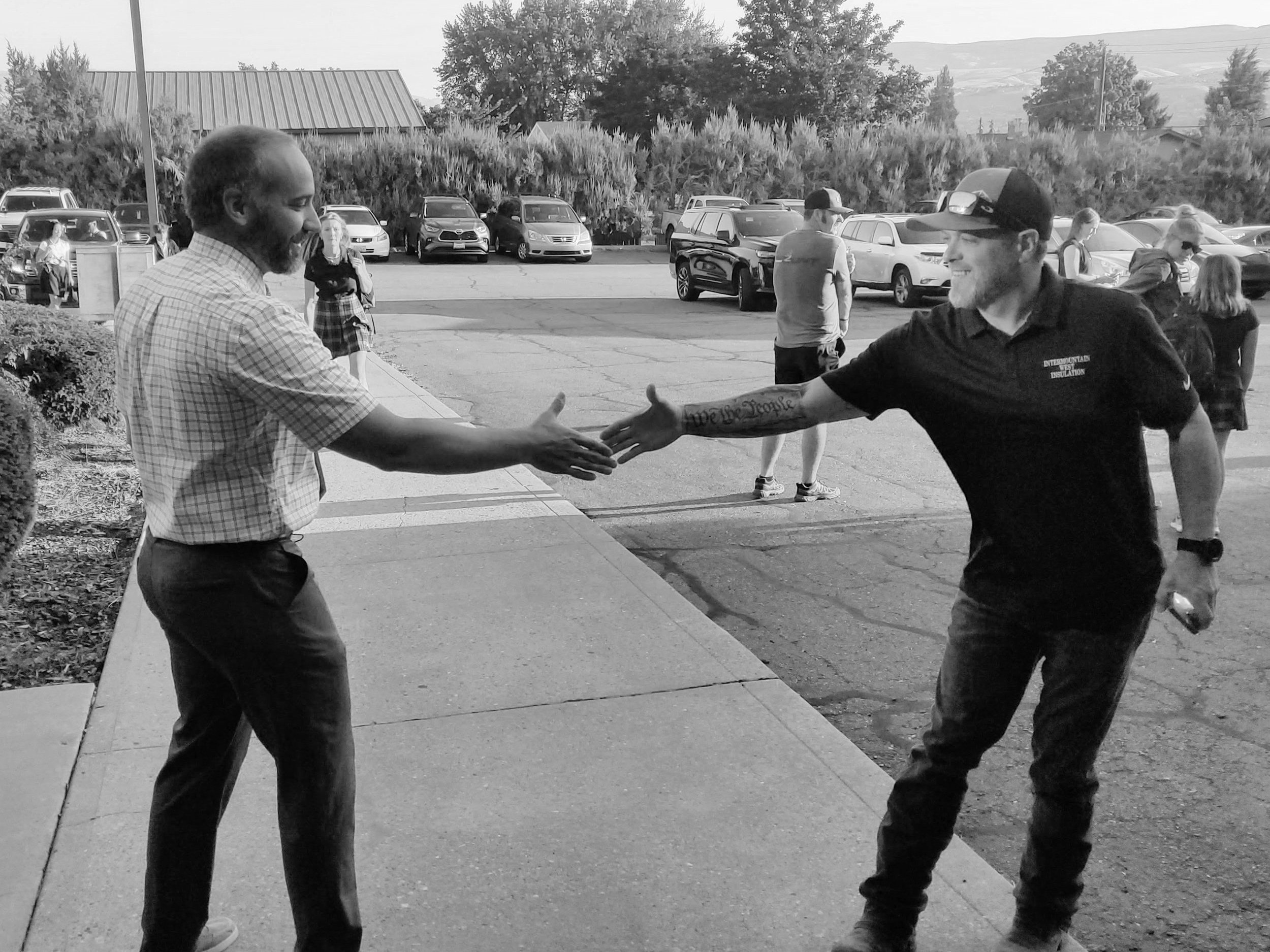As a Classical Christian school, we pride ourselves on a few things: wrestling with difficult scientific and mathematical concepts, delivering eloquent speeches, and–of course–reading many, many hard books. We also live in a world in which standardized exams for things like scholarships and college entrance have long been the norm (though that might be changing!). The problem with previous standardized tests, particularly for schools like The River Academy, is that they do not reflect the type of learning that we do here. So we had to look for an alternative, which we found in the CLT–the Classic Learning Test.
For years, we administered the ERB test to students throughout our school which helped to determine growth in various skills. While the ERB is a common private school test, we wanted something more in keeping with the way that we purposefully teach our students, using primary sources and exploring the transcendental concepts of truth, goodness, and beauty, as well as the human experience. And so, we found the Classic Learning Test, which aligns firmly with those aims.
The CLT, rather than being remade and revamped according to the latest educational (or political) trends, utilizes great works of literature in its readings and questions, and engages students according to time-tested standards respected by hundreds of institutions of higher learning (over 200 colleges and universities accept the CLT). According to their website, “CLT offers the only standardized tests that are 100% online, emphasize intellectual aptitude and achievement, and are grounded in the liberal arts tradition.”
Moreover, their passages are selected from the greatest writings of great authors from throughout history, including Homer, Aeschylus, Thucydides, Sophocles, Plato, Aristotle, Euclid, Cicero, Caesar, Livy, Virgil, Plutarch, St. Augustine, St. Thomas Aquinas, the Beowulf poet, The Magna Carta, Dante Alighieri, Giovanni Baccaccio, John Wycliffe, Geoffrey Chaucer, Sir Thomas Malory, Niccolò Machiavelli, William Shakespeare, Nicolaus Copernicus, Martin Luther, John Calvin, Thomas Hobbes, John Milton, René Descartes, John Locke, Jonathan Edwards, Jean-Jacques Rousseau, Thomas Jefferson, Mary Shelley, Jane Austen, Sojourner Truth, Charles Darwin, Karl Marx, Frederick Douglass, Susan B. Anthony, Mark Twain, Friedrich Nietzsche, J. R. R. Tolkien, F. Scott Fitzgerald, C.S. Lewis, George Orwell, Dorothy Sayers, Martin Luther King Jr., to Name a few…
Each of these authors appears in our curriculum at The River Academy, and we train our students to engage with some of the most famous (and infamous), greatest thinkers of all time. Why wouldn’t we want our students to be tested using the same kinds of criteria that we expect and teach?
At the moment, the CLT applies only to our secondary students (though we’re working with them as they create a test for elementary students!). Our 7th-8th graders take the CLT 8, our 9th-10th graders take the CLT 10 (like the PSAT), and our 11th-12th graders take the CLT (like the SAT or ACT). The CLT has directly helped some of our students with scholarships–a Class of 2022 Senior was able to gain thousands of dollars in college scholarships just by raising her score.
If we hope to continue training our students to be the next generation of Christian leaders, we should test them accordingly, according to timeless Classic traditions, examining primary sources, and engaging with the Big Questions throughout the history of the world.
Tyler Howat, Dean of Academics







